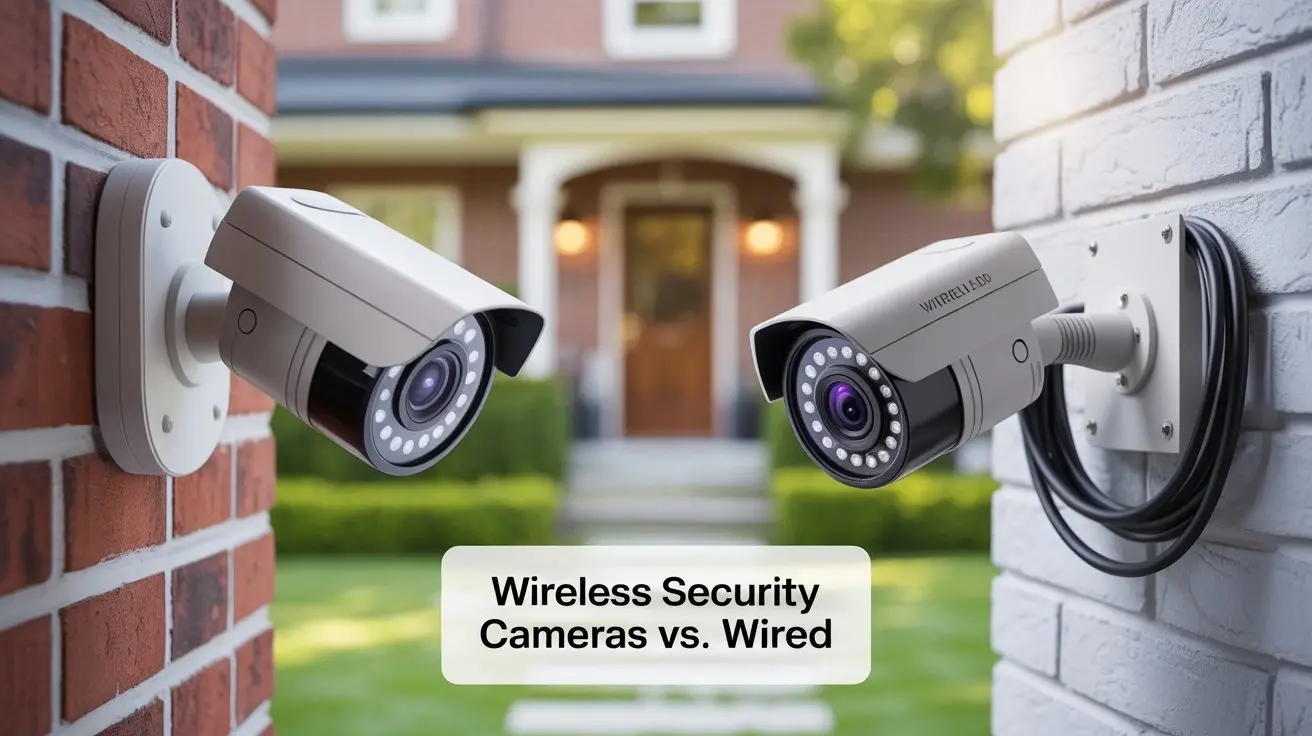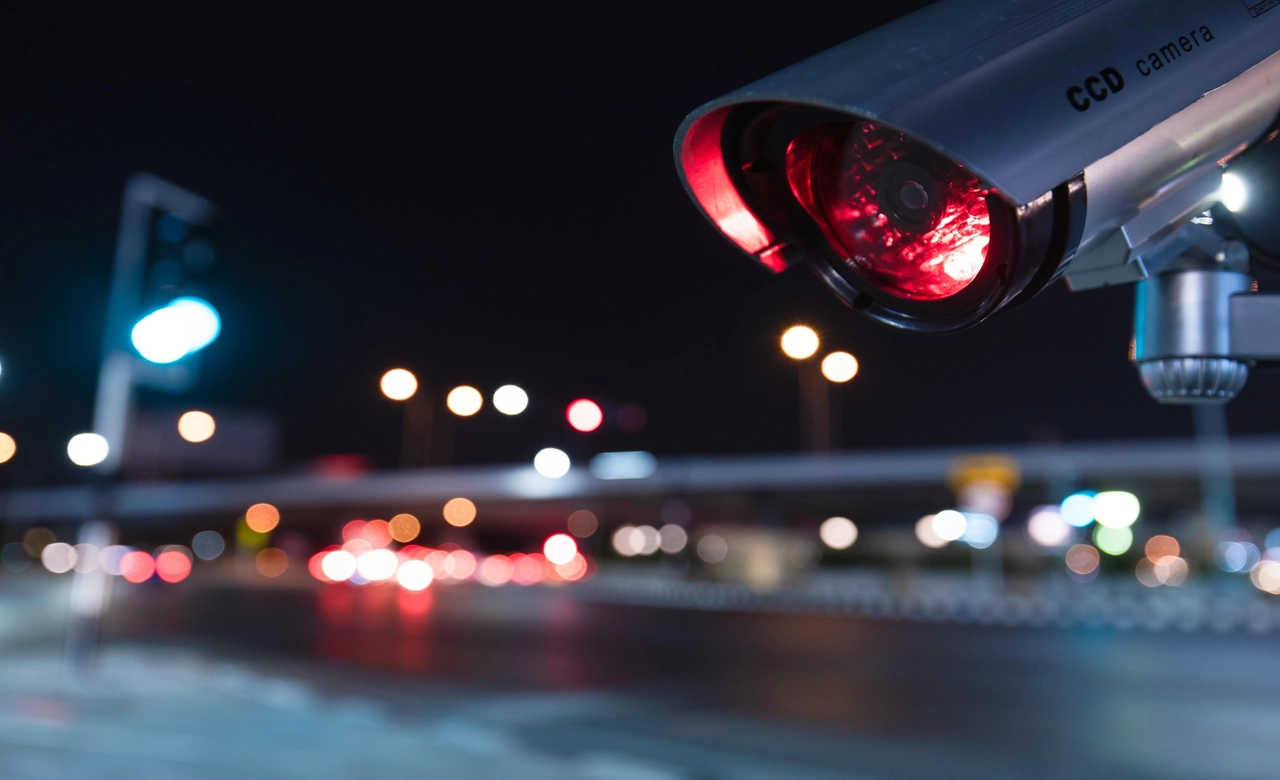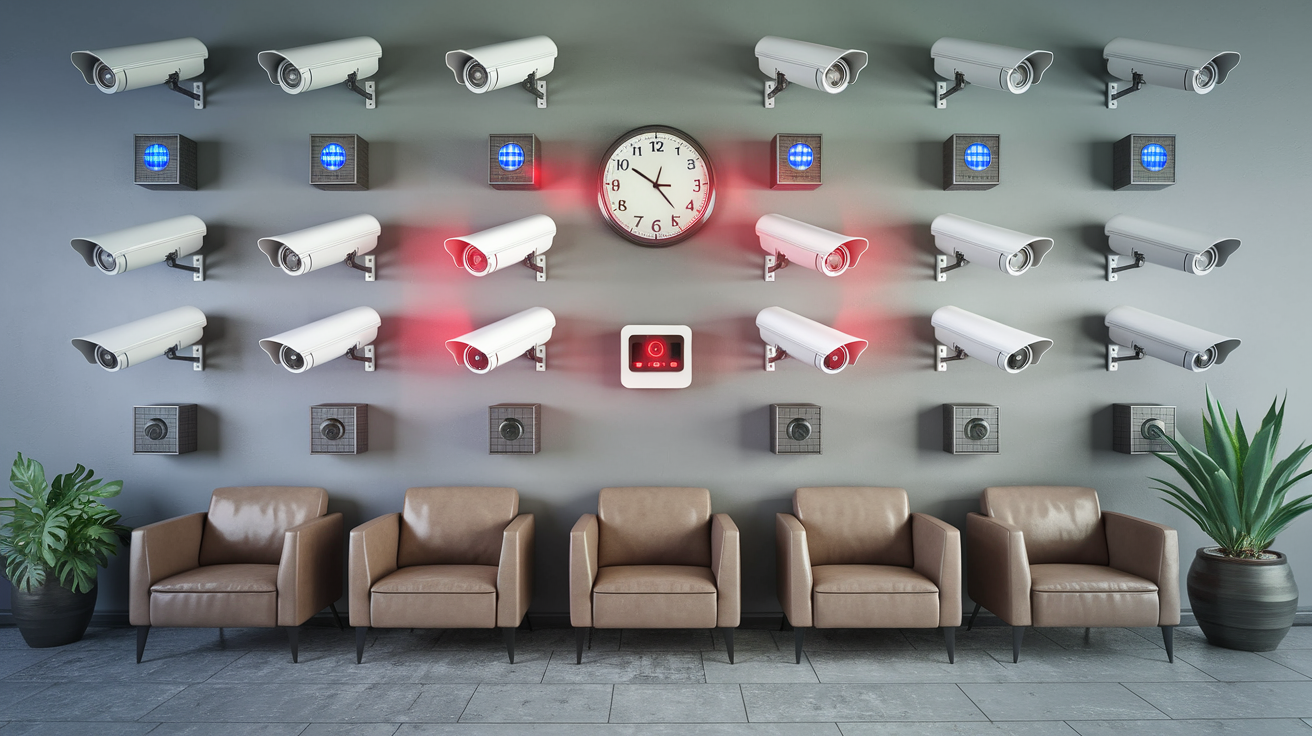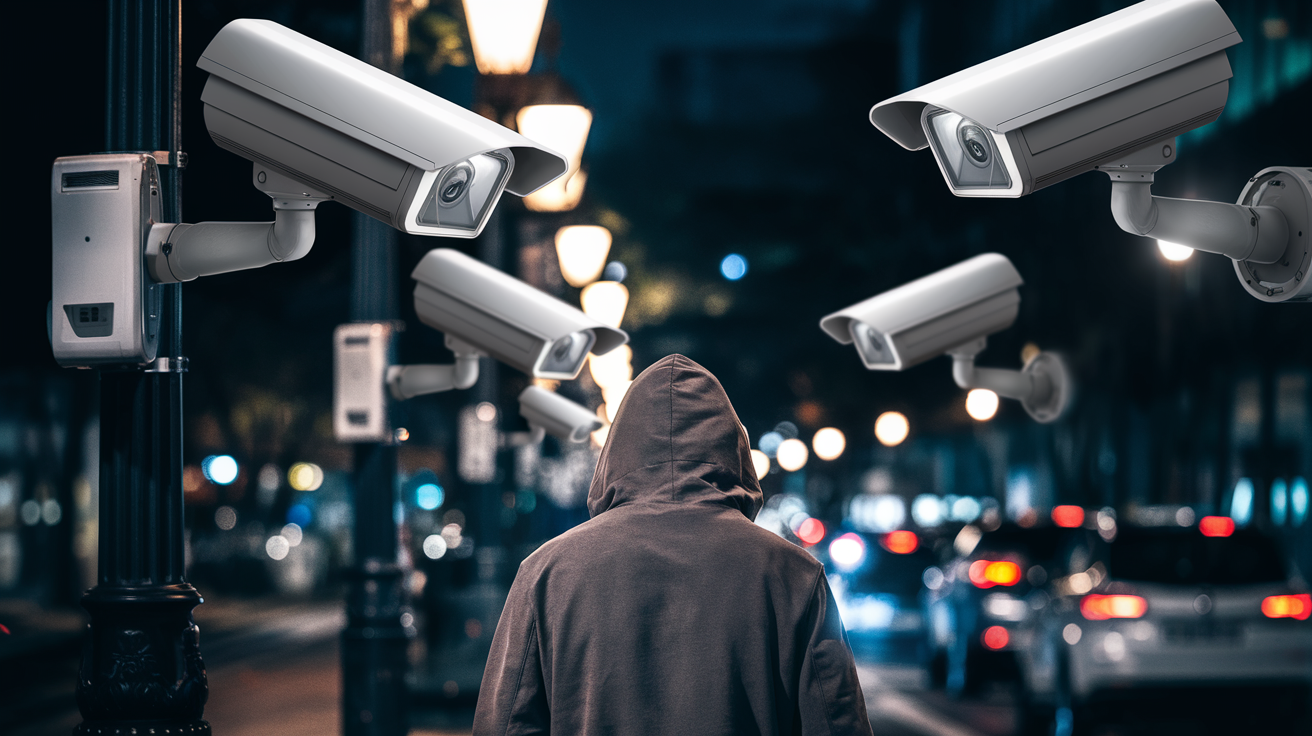When it comes to home or business security, choosing the right surveillance system is a critical decision. Security cameras provide peace of mind, deter potential intruders, and allow you to monitor your property remotely. However, one of the biggest questions you’ll face is whether to go with wireless security cameras or wired security cameras. Both options have their strengths and weaknesses, and the best choice depends on your specific needs, budget, and property layout. In this comprehensive guide, we’ll break down the key differences between wireless and wired security cameras to help you make an informed decision.
What Are Wireless Security Cameras?
Wireless security cameras transmit video and audio signals to a receiver or cloud storage via Wi-Fi or other wireless networks. They are typically powered by batteries or, in some cases, solar panels, though some models may still require a power cable for continuous operation. The absence of extensive wiring makes wireless cameras highly flexible and easy to install.
Advantages of Wireless Security Cameras
Easy Installation
Wireless cameras are a dream for DIY enthusiasts. Since they don’t require running cables through walls or ceilings, you can set them up in minutes. Most models come with adhesive mounts, screws, or magnetic bases, allowing you to place them virtually anywhere.
Flexibility in Placement
Without the need for power outlets near every camera, you can install wireless cameras in hard-to-reach areas, such as high corners, trees, or outdoor sheds. Battery-powered options give you even more freedom to experiment with camera placement.
Remote Access and Smart Features
Most wireless cameras integrate seamlessly with mobile apps, sending real-time alerts to your smartphone when motion is detected. Many also offer advanced features like advanced cloud storage, facial recognition, and compatibility with smart home systems like Alexa or Google Assistant.
Scalability
Adding more wireless cameras to your system is simple is straightforward. You don’t need to worry about installing additional wiring, making it easy to expand your surveillance network as needed.
No Vulnerability to Cut Wires
Since there are no physical cables, intruders can’t disable wireless cameras by tampering with wires.
Disadvantages of Wireless Security Cameras
Dependence on Wi-Fi
Wireless cameras rely on a strong, stable Wi-Fi signal. If your internet connection is weak or unreliable in certain areas of your footage, video quality may degrade, or you may experience delays or dropped feeds.
Battery Maintenance
Battery-powered wireless cameras require periodic battery recharging or replacement, which can be a hassle, especially if cameras are mounted in hard-to-reach locations. Some models offer solar panels to mitigate this, but they add to the cost.
Limited Range
The effectiveness of wireless cameras depends on their distance from the router. Walls, large objects, or interference from other devices can weaken the signal, limiting placement options.
Higher Upfront Cost
Wireless cameras, especially those with advanced features like 4K resolution or AI detection, tend to be more expensive than their wired counterparts.
Potential Security Risks
Wireless systems can be vulnerable to hacking if not properly secured. Using strong passwords and encryption is essential, but some users may still be wary of cyber threats.
What Are Wired Security Cameras?
Wired security cameras are connected to a power source and a central recording device (like a DVR or NVR) through physical cables, typically Ethernet or coaxial. These systems are often considered the traditional approach to surveillance and are still widely used in homes and businesses.
Advantages of Wired Security Cameras
Reliable Connection
Wired cameras don’t depend on Wi-Fi, so you won’t experience interruptions due to weak signals or internet outages. This makes them ideal for large properties or areas with poor wireless coverage.
Consistent Power Supply
Since wired cameras are hardwired to a power source, you don’t need to worry about recharging batteries or replacing them. This ensures 24/7 uninterrupted recording.
Higher Video Quality
Wired systems, particularly those using Power over Ethernet (PoE), can support higher resolutions (like 4K or 8K) without the bandwidth limitations of wireless systems.
Enhanced Security
Wired cameras are less susceptible to hacking since they don’t rely on wireless signals. This makes them a preferred choice for businesses or high-security environments.
Cost-Effective for Long-Term Use
While installation may be pricier, wired cameras typically have lower maintenance costs and a longer lifespan, making them a cost-effective option over time.
Disadvantages of Wired Security Cameras
Complex Installation
Installing wired cameras often requires professional help, especially for large systems. Running cables through walls, ceilings, or outdoor areas can be time-consuming and costly.
Limited Placement Options
Wired cameras must be placed near power outlets and within reach of cables, which can restrict their placement compared to wireless models.
Vulnerability to Tampering
Intruders can potentially disable wired cameras by cutting the cables, though this risk can be mitigated with proper cable management and conduit protection.
Less Scalable
Adding more cameras to a wired system often involves additional cabling and configuration, which can be disruptive and expensive.
Aesthetic Concerns
Visible cables can detract from your property’s appearance unless they’re carefully concealed, which adds to installation complexity.
Key Factors to Consider When Choosing
To decide between wireless and wired security cameras, evaluate the following factors based on your specific needs:
1. Property Size and Layout
Wireless: Ideal for smaller homes, apartments, or properties with good Wi-Fi coverage. They’re also great for renters who need portable solutions.
Wired: Better for larger properties, commercial spaces, or areas with multiple buildings where a stable connection is critical.
2. Budget
Wireless: Higher upfront costs for advanced models, but lower installation expenses.
Wired: Lower camera costs but potentially higher installation fees, especially for complex setups.
3. Technical Expertise
Wireless: User-friendly and DIY-friendly, requiring minimal technical knowledge.
Wired: May require professional installation and ongoing maintenance.
4. Security Needs
Wireless: Suitable for casual home monitoring with features like motion alerts and cloud storage.
Wired: Preferred for high-security applications, such as businesses or properties requiring constant recording.
5. Maintenance Preferences
Wireless: Requires regular battery maintenance but minimal upkeep otherwise.
Wired: Virtually maintenance-free after installation, barring cable damage or hardware failure.
Hybrid Systems: The Best of Both Worlds?
If you’re torn between the two, consider a hybrid security system that combines wired and wireless cameras. For example, you could use wired cameras for critical areas (like entrances or cash registers) and wireless cameras for less critical spots (like backyards or hallways). This approach allows you to balance reliability and flexibility while addressing the limitations of each system. Several home security system providers offer the same system, like ADT - Home Security System & Vivint.
Conclusion
Both wireless and wired security cameras offer unique benefits, and the right choice depends on your priorities. Wireless cameras are perfect for those seeking flexibility, easy installation, and smart features, but they come with the trade-offs of Wi-Fi dependence and battery maintenance. Wired cameras provide unmatched reliability and security, making them ideal for larger properties or high-stakes environments, though they require more installation effort.
Before purchasing, assess your property, budget, and security goals. Whether you opt for the convenience of wireless, the dependability of wired, or a hybrid approach, a well-chosen security camera system will keep your home or business safe for years.
Ready to make a decision? Explore top-rated wireless and wired security cameras online or consult a professional to design a system tailored to your needs!
Call (877) 470-7879 to install the best home security system for your home!






